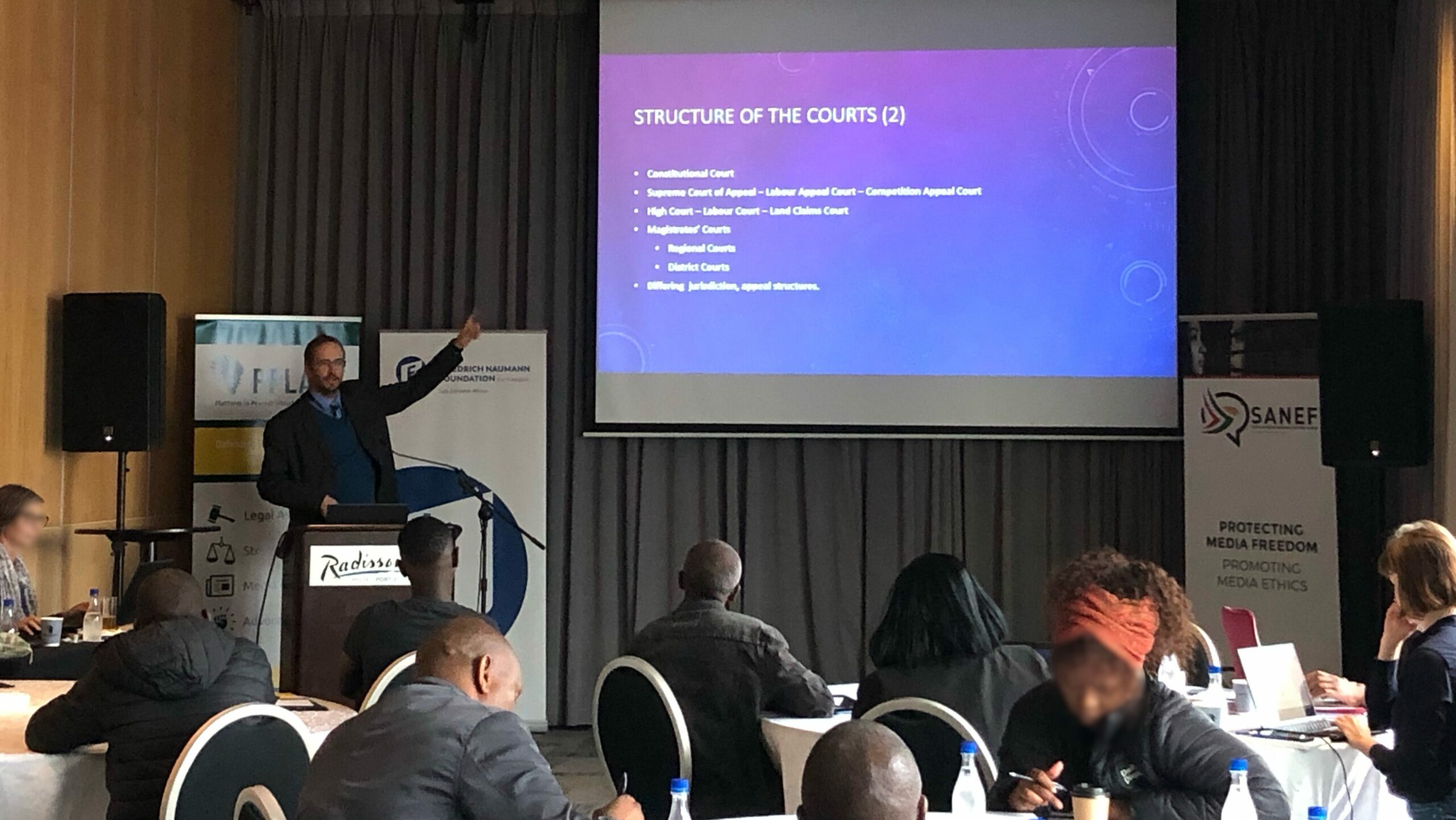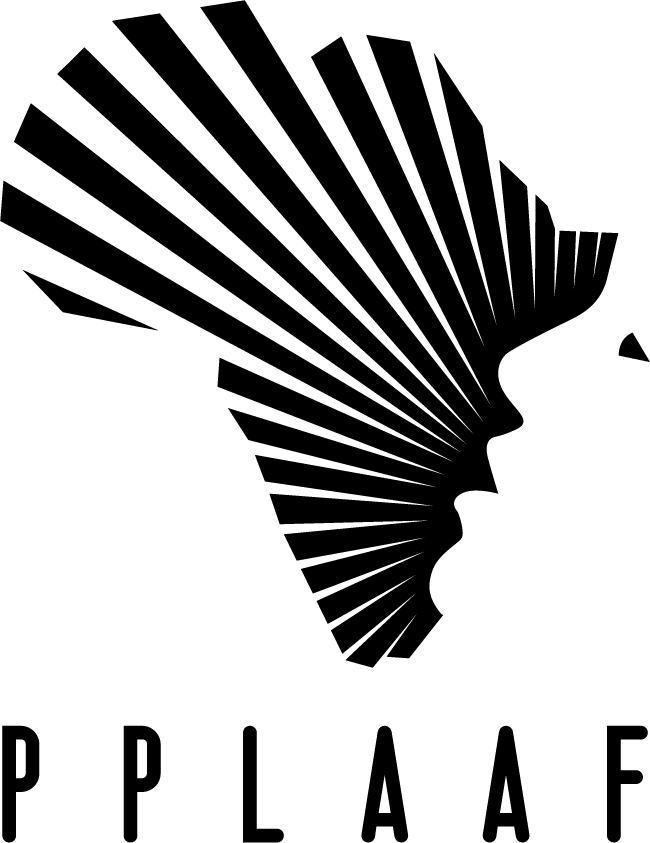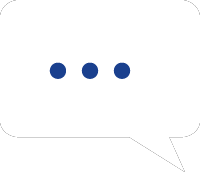“It needs to be clear that all the whistleblowers need is trust and protection”
Bongani Fuzile, Deputy Editor of the Daily Dispatch
The media have an essential role to play in protecting whistleblowers. To better capacitate journalists on how to manage interactions with whistleblowers and their stories in a manner that foregrounds protection, the Platform to Protect Whistleblowers in Africa (PPLAAF), the South African National Editor’s Forum (SANEF), and the Friedrich Naumann Foundation for Freedom (FNF) hosted a two-day training session for journalists in the Eastern Cape, South Africa.
The training took place in Gqeberha on the 24th and 25th of May 2023 and brought together journalists from across the Eastern Cape, representing both mainstream media and community media houses.
Drawing on the experience of journalists and whistleblowers, the training focused on the law protecting whistleblowers and journalists in South Africa, guidelines for safe communication online and in person, and what to expect when attending court for a whistleblower story.
The law and whistleblowing
Attorney Chantelle de Sousa took journalists through what they needed to know about the law and whistleblowing, understanding the institutional and legal frameworks, and understanding how freedom of information and the Protected Disclosures Act (PDA), South Africa’s primary law for protected disclosures and whistleblowing, work in concert.
The relationship between journalists and whistleblowers is symbiotic: The whistleblower carries the knowledge of corruption and maladministration, while the media lessens the weight of this knowledge by making sure the story is heard. However, both are at risk of retaliation.
It is the responsibility of journalists to:
- Make whistleblowers aware of the dangers they may face while trying to minimise this harm as much as possible
- Make it clear to the whistleblower that if they are complicit in the illicit activity they are disclosing this may come to light if the story is published
- Ask whistleblowers if they have reported internally before going to the press
de Sousa took the group through the various legal frameworks that protect whistleblowers in South Africa, particularly the PDA which outlines what a disclosure must relate to, to whom it must be made, and what constitutes occupational detriment – the primary harm employees are protected against.
Other legislation that obliges or protects whistleblowing can be found here:
Journalists and the Law
An account from a freelance journalist
Johnnie Isaac is a freelance journalist who has worked on several whistleblower stories throughout his career. In Isaac’s experience, whistleblowers use the press as a last resort to get their story out, particularly if they have faced occupational detriment. In some cases, if the story does not get published, whistleblowers lose trust in journalists and become sceptical that the journalist has been bought. Thus eroding trust. It is therefore important for journalists to inform whistleblowers about the progress of publication. In other cases, even though the freelancer does the groundwork, the whistleblower may feel that the price to pay is too high and pull out of the story.
If one publication will not publish the story, one may approach another trusted publication. If this is the case, for the safety of the journalist and the whistleblower, good practice according to Isaac is to avoid revealing sources. Freelance journalists are oftentimes at higher risk due to a lack of resources and support when dealing with whistleblower stories. Isaac thus ensures he conducts a thorough investigation before proceeding with the story.
An account from a witness
Oliver* was placed in witness protection when the state pushed him to testify as a witness in a gang-related murder in the Eastern Cape. However, Oliver was informed by the state that after his testimony, his protection would seize. He thus refused to testify, fearing for the safety of himself and his family but Oliver was threatened with arrest if he failed to testify. The day after the case concluded, Oliver was taken out of the witness protection programme. He and his family were never compensated financially for the losses suffered during his time as a witness. Since then, he and his family have suffered threats and violent attacks. Living in fear, with no support from the state, they rely on their community for support.
Oliver identified the need for financial support for whistleblowers and witnesses as essential to their well-being and protection. Civil society must put pressure on the government to protect whistleblowers and support them throughout their experiences, particularly if whistleblowers are to be witnesses.
Tips and Guidelines for Safe Communication
Thandi Smith from the research institute Media Monitoring Africa took journalists through practical guidelines for working with whistleblowers in the digital age where the risks are exacerbated by digital methods of communication and reporting. The guidelines focused on safe, encrypted communication, source protection, disinformation, online harms and attacks journalists face, and how to combat these risks.
Journalists should consider:
- Assurance of confidentiality is not the same as anonymity
- Evidence of contact can be dangerous. Decide when to use ‘analogue era practices’ like meeting face to face, leaving smartphones behind
- Be mindful of video surveillance in public areas
- Helping potential whistleblowers by publishing ways they can contact you
- Encryption is a minimum standard, not a guarantee of confidentiality. Use Signal over WhatsApp
- Keep software updated
- Use long, complex passwords and two-factor authentication
- If your source is at risk, stretch out meeting times and put in a gap between meeting them and publication time
- Plausible denial backstory to explain your contact/meeting with them.
- Explain the risks of digital exposure and train your whistleblower in basic digital security
- Be aware that documents and their metadata can be used to identify a source – investigate ways of securely erasing metadata from documents
- Understand that deleting data within your operating system or even reformatting a hard drive doesn’t mean it is gone forever
An increasing trend in online harassment and attacks on journalists shows that female journalists are most at risk of attack and disinformation campaigns that focus on gender to discredit the journalist. To report digital offences and harassment against journalists in South Africa, visit https://real411.org.za/
Court Day Training
Chris Oxtoby of Freedom Under Law, a non-profit organisation that promotes democracy and the rule of law, conducted an in-depth court day training session. The session took journalists through:
- The structure of the court system in South Africa, with each court’s different jurisdiction and appeal structure
- Basic principles and language used in court, such as criminal vs civil cases, applications vs trials, appeals vs reviews
- What to expect when attending court, and
- How to read judgements
Based on the principle of open justice, journalists are entitled to access court hearings and court papers which may be useful when reporting whistleblower cases.

The Ethical Conundrums of Whistleblowers and Secret Sources
Bongani Fuzile, Deputy Editor of the Daily Dispatch, facilitated the final session of the training focused on his experience in handling ethically difficult cases as an investigative journalist.
Fuzile explained that journalism is “one unique tool’” that keeps the world informed. It also unites the world with one voice. Importantly, however, journalists do not create these stories, they come from sources. Journalists may encounter a number of different sources, including
- Sources who will leak information to “run with it” but if you delay, they will send the information to other publications – these kinds of sources want you to break the story first.
- “Anonymous” sources that journalists personally know from their councils who are exposing the wrongdoing they have witnessed
- Anonymous sources who give you information and documents, but you do not really know their identity.
- Whistleblowers: These are mainly individuals who are blowing the whistle as they notice that there is rot happening at their institution
“Whistleblowers are a vital part of the anti-corruption ecosystem and play an important role in both the public and private sectors by shedding light on wrongdoing, paving the way for investigation and accountability measures. Their reports can assist in saving government and businesses money and therefore make a difference by improving institutional and collective well-being” explained Fuzile.
While society in general benefits from their actions, whistleblowers often face harm, occupational detriment and victimisation with knock-on effects that affect them in profound ways.
The media plays an important role in shaping narratives around whistleblowing by helping draw attention and sympathy from the public when they undergo mistreatment. Whistleblowers approach the media for several reasons, including out of fear for their safety or as a last resort when other avenues of reporting have failed.
However, if whistleblowers do not feel safe, they may withdraw from reporting or exposing wrongdoing. This also happens to media houses or to individual journalists, where whistleblowers will pull out without sharing information they have promised if they feel that they could be exposed.
Whistleblowers vet the journalists they are sending information to and sometimes, whistleblowers fear mainstream journalists and prefer to send information to regional media houses where there will be little coverage. This stems from a fear of retaliation or having their story squashed. Sometimes, whistleblowers want to avoid questioning for fear of exposure. Furthermore, they may often fear the journalist approaching the authorities they are exposing. Fuzile explained that many good stories fell through the cracks because of this fear.
Therefore, whistleblowers need trust and protection and journalists need to be trusted. Journalists must protect the information whistleblowers give them and must avoid exposing those who wish to remain anonymous.
Finally, Fuzile urged journalists to remember the basic skills of journalism: Keep it simple, get the facts accurate, and protect your sources.
*Pseudonym
In the news:
PPLAAF is a non-governmental organisation established in 2017 to protect whistleblowers, as well as to advocate and engage in strategic litigation on their behalf when their revelations deal with the general interests of African citizens.
For more information on PPLAAF, please visit:
PPLAAF’s website: https://pplaaf.org
Facebook: https://www.facebook.com/PPLAAF/
Twitter: @pplaaf
Email: Info@pplaaf.org




